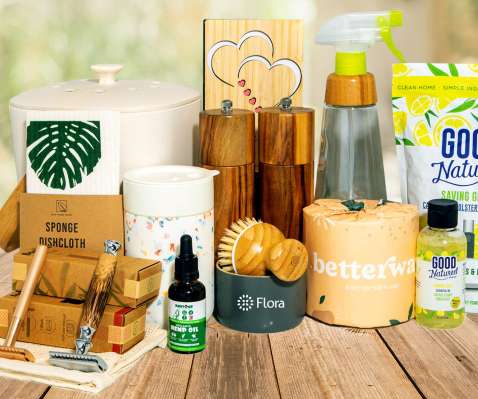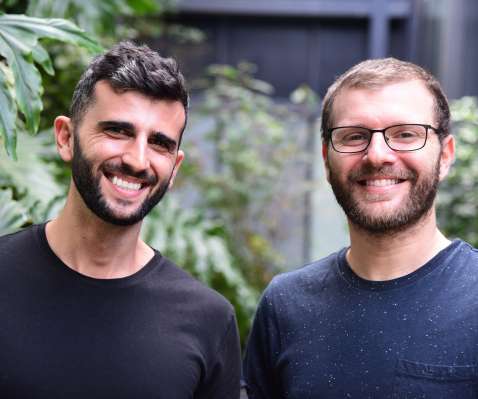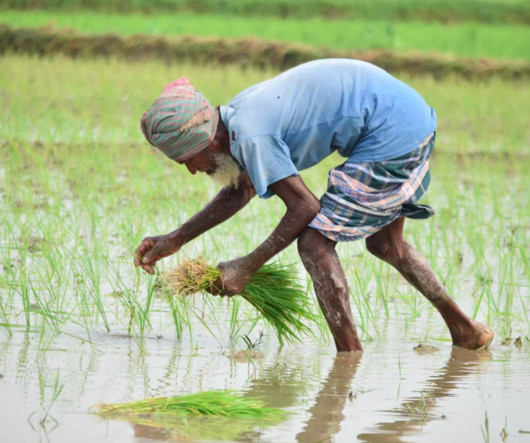Flora poised to bloom as sustainable brand marketplace launches this year
TechCrunch
SEPTEMBER 29, 2022
Co-founders and co-CEOs Mithat Ulubay and Ugur Kaya started the company in 2021, which now owns more than 50 brands. Kaya was also in investment banking at Goldman Sachs, focused on consumer retail M&A. 4 sustainable industries where founders and VCs can see green by going green.














Let's personalize your content